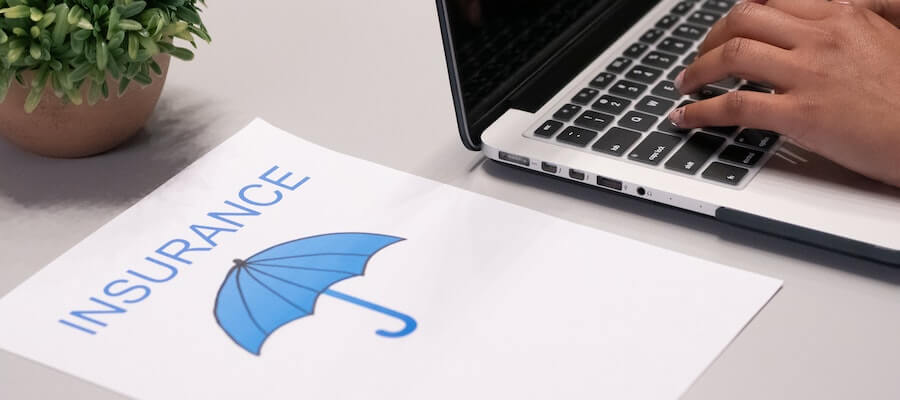My Car Was Hit, and Their Insurance Won’t Pay

Whether you were in a motorcycle, truck, or car accident, the recovery process and medical bills will throw you for a loop. After all, no one plans to have their car destroyed or sustain injuries while doing mundane life tasks. If you were not at fault, you shouldn’t have to worry about how you will pay for your recovery on top of everything else. The other driver’s own insurance company should reimburse your medical bills, vehicle repair charges, and other expenditures up to the policy limit if you are in a motor vehicle accident that wasn’t your fault. Unfortunately, insurance firms sometimes act with a different level of ethics. Even when their policyholder obtains a citation or is determined to be at fault by the police, some insurers have been known to refuse to pay up on automobile and truck accident claims. If you have tried to negotiate with the at-fault party’s insurance company on your own and the insurance company refuses to pay, you need to retain a West Virginia car accident attorney to act on your behalf.
Reasons Their Insurance Company Won’t Pay
At least the at-fault driver has insurance. You may find yourself in a pickle if an uninsured driver hits you. If the driver is insured but just holding on to the funds, there could be several reasons for this. The other driver’s insurance company may hold back on paying your insurance claims if they feel you are asking for more than you are entitled to receive. This problem most frequently occurs when the insurance believes you obtained medical care you didn’t need or your mechanic overcharged you or fixed your car for too long.
Some other explanations for why an insurance provider can refuse to pay for accident coverage for an insured person include the following:
- The insurance was canceled for non-payment, or the policy expired before the collision
- The date, time, conditions, vehicle, driver, or other particular coverage criteria, as stated in the other driver’s policy, are not covered by the policy
- The named insured or the driver refused to assist with the inquiry
- The claims division worries about fraud
- The named insured or the driver put the investigation on hold by delaying the first claim report
You Need a West Virginia Personal Injury Attorney to Represent You Against the Insurance Company
You need legal representation from an experienced West Virginia car accident attorney if an insurance company denies your claim for an automobile accident. If the car insurance company refuses, you may have to escalate the situation. Car insurance companies can make counterclaims, so it may be that a sufficient amount of evidence has already been acquired by the insurance company to support a denial argument in court when it flat-out refuses to pay an automobile accident claim. However, until you take action with the support of an experienced car accident attorney, the insurance investigator is unlikely to do much more and may not be amenable to discussion. The investigator hopes you will just give up and go once they formally reject your culpability claim.
File a West Virginia Personal Injury Lawsuit
Don’t wait if they refuse to pay. One option is to escalate the situation by filing a lawsuit. You can sue the motorist to get his or her insurance company to the negotiating table if you can’t fight the insurance provider directly. After filing a lawsuit, our team is granted the opportunity to depose the at-fault motorist and collect a formal statement from them while under oath. You can sue for all associated costs and losses when bringing a property damage claim. That covers towing fees, the price of fixing or replacing your automobile, and a fair rental car when your car needs repair. The other driver’s insurance, not yours, should cover the costs if you need to hire a car. Let us draft a convincing claim on your behalf. At Miley Legal, we have extensive experience in motor vehicle accident claims and help to force the insurance company’s hand.
Limitation Period to Bring an Action
A statute of limitations in West Virginia establishes the maximum length of time a party has to file a claim against a suspected perpetrator. From the date of the claimed misconduct, time starts to run down. There are varying time restrictions for various situations under the West Virginia statute of limitations, which applies to both criminal and civil matters. The statute of limitations for a personal injury claim in West Virginia is typically two years from the date of the accident. So, the best method to safeguard your legal rights is to bring a case within two years after the date of your injury. You may be wasting your time arguing with an obstinate insurance company while time is running out. Let Miley Legal keep track of deadlines, medical documents, and insurance company correspondence while you focus on your recovery.

